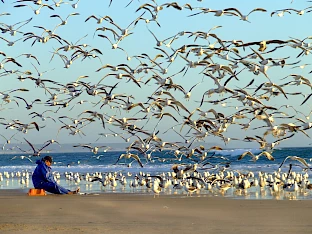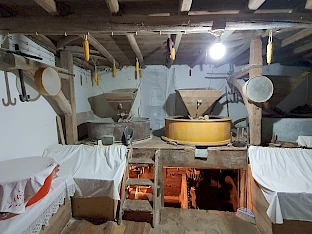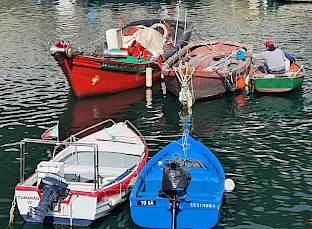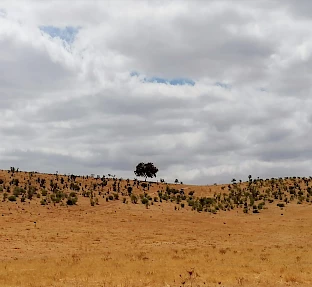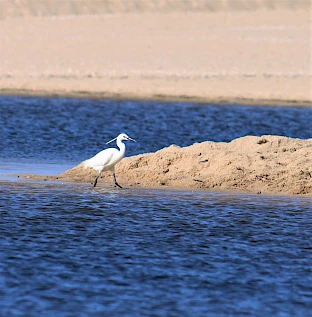Pls
Fátima Alves
The Research Group on Societies and Environmental Sustainability primarily aims to contribute to a comprehensive and interdisciplinary perspective on the relationships between Society and Nature in their material and discursive expressions, transcending both academic and non-academic epistemic boundaries. It comprises a diverse group of researchers and postgraduate students interested in the interdisciplinary study of these relationships and processes.
Historically, Society and Nature have been conceived as separate and distinct entities, both ontologically and epistemologically, that ought to be studied in different academic fields. Given the magnitude of our current environmental issues, this dichotomous approach to understanding Society and Nature is both unsustainable and unsettling. As climate change, environmental degradation, loss of biodiversity, extinctions, and numerous other issues blend human and natural processes, these problems are inherently socioecological.
This group endeavours to incorporate ecological thought and concerns in understanding the socioeconomic, political, and cultural processes permeating contemporary societies. Simultaneously, it critically informs the understanding of contemporary socioecological issues and their social construction, aiding in addressing them.
As a multidisciplinary group, we conduct research aimed at highlighting and understanding the socio-ecological processes underlying the dynamics of contemporary societies. This spurs our quest for socio-ecological futures that favour just ecological transitions accommodating multicultural/intercultural realities, combating social inequalities and extinctions, and shaping public policies for nature and its rights, climate change, planetary health and well-being, biodiversity, resilience of urban and rural communities, agri-food systems, environmental ethics, environmentally-induced migrations, agro-ecological transitions, as well as deep and critical reflections on dominant concepts present in international agendas' discourses and policies, such as ecosystem services, sustainability, environmental education, the 2030 agenda, ecological transition, among many other topics.
We combine approaches and methodologies from the social sciences, arts, humanities, technological sciences, and natural sciences to critically understand contemporary threats to human and planetary well-being, as well as to challenge dominant explanations for these issues, aiding in the formulation of policies and action strategies adapted to the diversity of contexts. Against this background the research line has been conducting research in collaboration with various lines of CFE, both in national and international projects, and fostering international cooperation, both at the European level and within the Lusophone world.
The research conducted across these multifaceted topics underpins our vision of contributing to the revaluation of interdependencies between living systems and their ties to territories. We promote dialogues among diverse forms of knowledge, advocating transformative cultural shifts supported by inclusive participatory citizenship. This approach aims to transcend fragmented perspectives of reality, enabling the (re)envisioning of healthy and sustainable futures.


